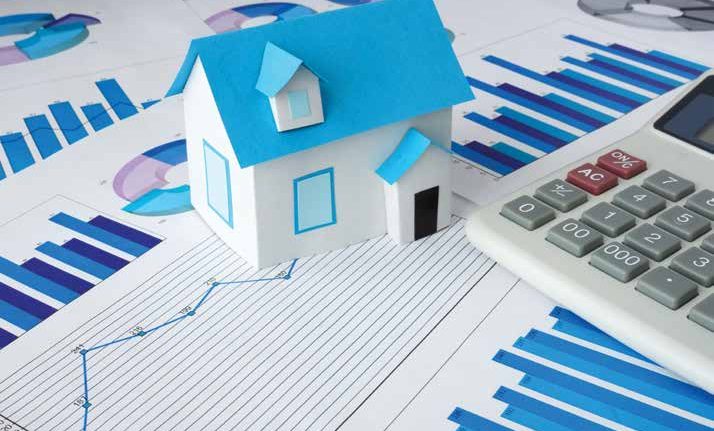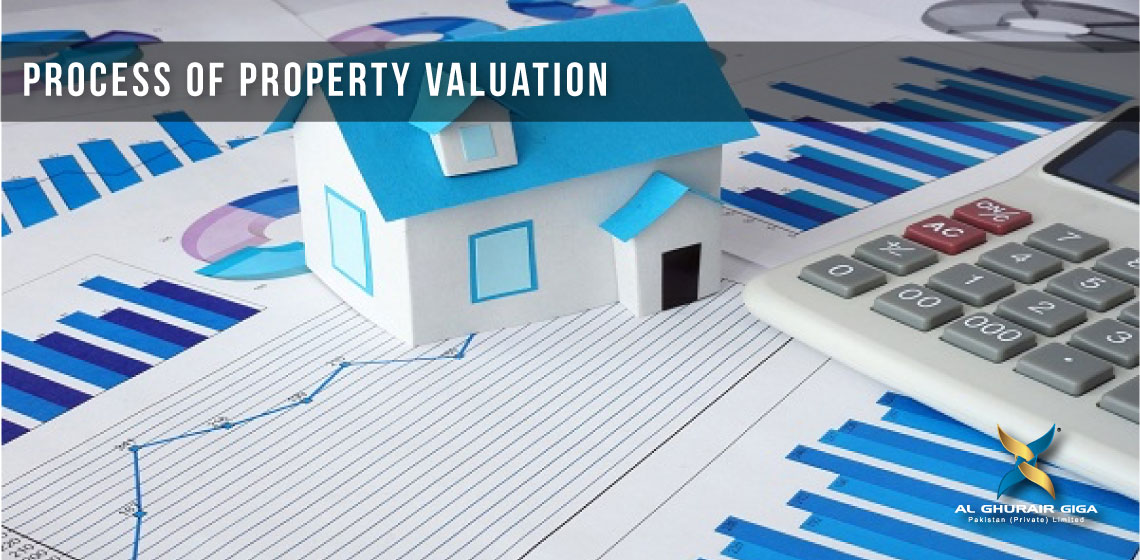Understanding Property Value Assessments: Key Factors And Methods

Property value assessments play a crucial role in real estate transactions. They help determine how much a property is worth, influencing buying, selling, and financing decisions. Understanding these assessments can empower homeowners and investors alike. This guide will explore the factors influencing property value, methods of valuation, and common pitfalls to avoid, ensuring you make informed real estate choices.
![]()
Understanding Property Value Assessments
Property value assessments are evaluations conducted by professionals to determine a property's market value. They help establish a baseline for property taxes, sales, and financing. Assessors consider various factors, such as location, property size, and amenities, to arrive at a value. An accurate assessment is vital; it ensures fair taxation and provides critical insights for buyers and sellers.
According to the National Association of Realtors, understanding property value assessments can lead to better investment decisions. Moreover, Zillow Research indicates that in 2025, properties in high-demand areas could see significant value increases, making accurate assessments even more essential.

Factors Influencing Property Value
Multiple factors influence property value assessments, including:
- Location: Proximity to schools, parks, and shopping centers can significantly impact a property's desirability.
- Market Trends: Economic conditions, interest rates, and local real estate market trends directly affect property values.
- Property Condition: Well-maintained homes generally appraise higher than those in disrepair. Features like updated kitchens or energy-efficient systems can also enhance value.
For instance, a recent market analysis in urban areas showed that properties near public transport hubs have appreciated by over 15% in just two years. Evaluating these factors can provide insights into potential property value growth.

Methods of Property Valuation
There are several methods used to assess property value:
-
Comparative Market Analysis (CMA): This method compares the property to similar homes that have recently sold in the area. It's commonly used by real estate agents to estimate a home's value.
-
Cost Approach: This method calculates the cost to replace the property, subtracting depreciation. It's often used for new constructions.
-
Income Approach: Primarily used for rental properties, this method estimates value based on potential income generated from the property.
Understanding these methods can help you determine which approach best suits your needs. If you’re a homeowner, a CMA might be the most relevant, while investors might benefit from the income approach.
How to Evaluate Property Value Assessments
Evaluating property value assessments involves several steps:
-
Research Comparable Sales: Look at recent sales of similar properties in your area. This gives you a baseline for understanding value.
-
Analyze Market Trends: Stay updated on local market trends. Are prices rising or falling? What are the projections for the upcoming year?
-
Consider Property Features: Assess the unique features of your property. Does it have a large backyard or modern upgrades? These can significantly affect value.
-
Consult Professionals: If in doubt, consider hiring a qualified appraiser. They can provide an objective evaluation based on comprehensive market analysis.
For example, homeowners who recently challenged their property assessments found success by following these steps, leading to reduced tax bills and fairer valuations.

Common Mistakes in Property Assessments
Avoiding common mistakes can lead to more accurate property value assessments:
- Ignoring Market Conditions: Failing to analyze current market trends can result in over or underestimating property value.
- Relying Solely on Online Estimates: While tools like Zillow can provide a quick estimate, they often lack the nuanced understanding a professional can offer.
- Neglecting Property Condition: Not considering the condition and unique features of your property can skew your assessment.
To illustrate, a homeowner who neglected to factor in recent renovations received an inflated assessment. By addressing these common pitfalls, you can ensure a more accurate property value.
Conclusion
Understanding property value assessments is essential for anyone involved in real estate. By grasping the factors influencing property value, familiarizing yourself with valuation methods, and avoiding common mistakes, you can make informed decisions. Whether you're buying, selling, or challenging an assessment, knowledge is power. If you're uncertain about your property's value, consider consulting a professional appraiser to ensure you get an accurate assessment. Empower yourself to navigate the real estate market with confidence!